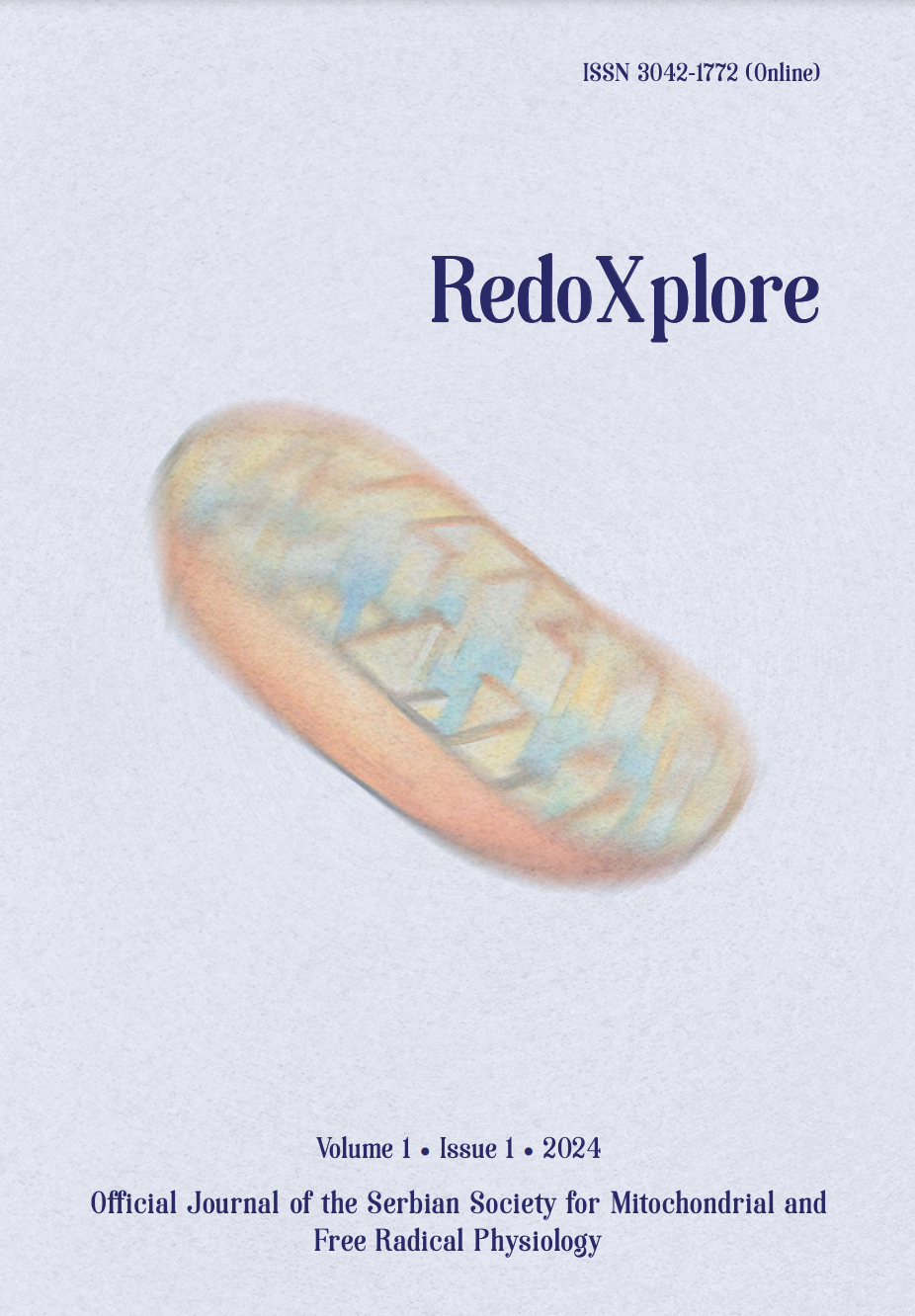Current issue

Volume 1, Issue 1, 2024
Online ISSN: 3042-1772
Volume 1 , Issue 1, (2024)
Published: 29.08.2024.
Open Access
All issues
Contents
29.08.2024.
Professional paper
DIETARY NITRATE AS PIVOT ON THE GUT MICROBIOTA-HOST REDOX COMMUNICATION
Humans are complex holobionts in which many physiological functions are ensured by the gut microbiota. The communication between the microbiota and its human host relies on immune, neural, metabolic and endocrine pathways and the derailment of this interaction can lead to gastrointestinal and systemic diseases. Here, we propose a novel form of communication between the microbiota and the host, based on the production of redox species by gut bacteria and the activation of signaling cascades in host mucosa. The biological significance of such a pathway is further highlighted by the observation that these inter-kingdom interactions are modulated by dietary nitrate, the major precursor of nitrite and NO in vivo. We demonstrate that nitrate has a positive metabolic effect in a murine model of antibiotic-induced dysbiosis by regulating cecum morphology and body weight (p<0.05). In agreement with these observations, shallow shotgun sequencing analysis showed that nitrate modulates the metabolic function of bacteria involved in the metabolism of carbohydrates, likely aiding in food digestion and substrate delivery to the host. Furthermore, we observed that the exposure to antibiotics decreases the expression of tight junction proteins in the colon and that nitrate recovers the expression of both occludin (p<0.05) and claudin-5 (p<0.01). The activation of the Nrf2/ARE pathway was also investigated by the downstream expression of detoxifying enzymes including NQO1 and GCLM/GCLC. Here, dietary nitrate emerges as a pivot regulating microbiota-host interactions through redox pathways. Nitrate modulates the function of gut microbiota during dysbiosis by enhancing bacterial metabolic performance with positive effects on host body weight and prevents the loss of tight junction proteins likely reinforcing gut barrier integrity. Given that increased epithelial permeability may lead to leaky gut syndrome, triggering local and systemic disorders, this study has the potential to transform the way Redox Biology expands from the bench to patient's bedside.
Bárbara S. Rocha, João Laranjinha





